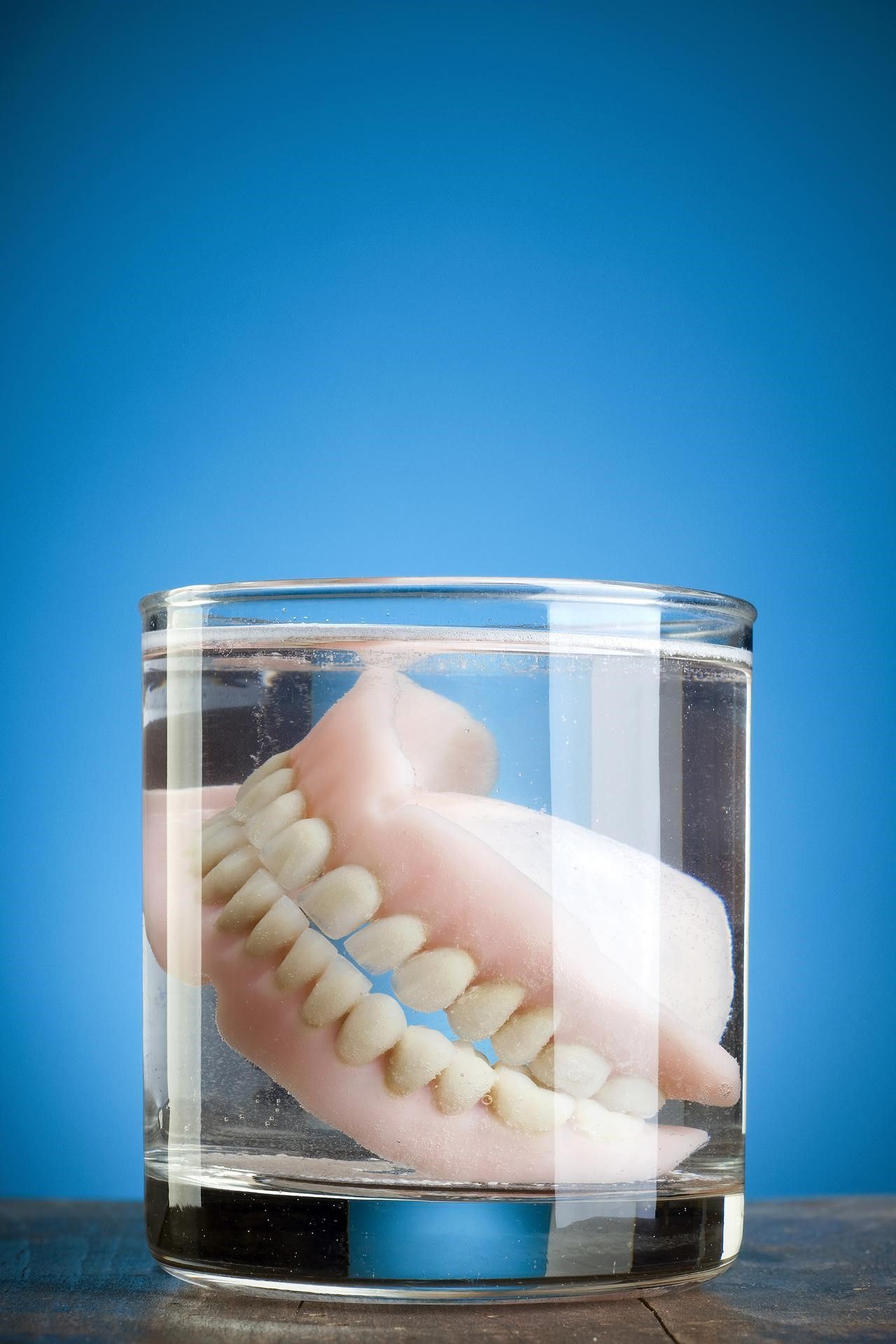These Questions Will Help You Understand Dental Sealants

One of the best ways to maintain good oral health is to embrace preventative dentistry. For example, treatment with dental sealant is one of the best ways to prevent dental cavities. The following questions will help you understand dental sealants better.
What Are Dental Sealants?
Dental sealants are artificial materials that dentists use to cover teeth surfaces to prevent damage. Sealants are mostly plastic materials that bond with but don't react with teeth or other oral tissues. The sealants are clear enough to allow your natural teeth's color to show through.
Dentists typically apply sealants on the teeth's chewing surfaces, pits, and grooves. The sealants, normally in coatings or fillers, can protect any other part of the teeth.
Why Are Dental Sealants Necessary?
The enamel, the outermost teeth layer, strengthens and protects the teeth from damage. Intact enamel makes it difficult for bacteria to penetrate a tooth and reach its internal tissues. Strong enamel also prevents acidic tooth erosion.
Unfortunately, some people have weaker enamel than others. Some teeth also have sections of damaged enamel that can admit acids or bacteria. Such damages erode teeth and cause cavities, which enlarge over time and can eventually lead to tooth loss. In such cases, you can use dental sealants to build up and strengthen the enamel to reduce the damage risk.
How Do The Sealants Work?
Dental sealants work in two main ways.
1. Physical Barrier
The dental sealant forms a physical barrier between threats and the teeth. For example, acids in the mouth can easily erode and penetrate areas with thin enamel. Applying sealants over such areas thickens them and reduces erosion risk.
2. Fluoride Release
Physical protection is the main way sealants protect the teeth. However, some sealants have built-in fluoride treatments that release the mineral to rebuild and strengthen the teeth. Remineralization is possible since fluoride is one of the major minerals of the teeth.
How Do Dentists Apply Sealants?
The application of dental sealants is a relatively straightforward and painless process. During the treatment, your dentist will clean your teeth surfaces so the sealants can properly bond with the teeth. After cleaning, the dentist will dry the teeth and apply filler for the grooves and pits. The filler also provides a tough surface for sealant adhesion.
Once the gel dries, the dentist will rinse the application sites and apply the sealant. After that, you only wait for the sealant to dry, and the process is over.
Who Needs Dental Sealants?
Anyone can benefit from dental sealants, but the following two groups need the treatment most.
1. Children
Children without cavities are good candidates for dental sealants. Early intervention is best because many people develop dental cavities as they age. Dental sealing works best before the cavities develop. According to the U.S. Centers for Disease Control and Prevention (CDC), using dental sealants is one of the most effective ways of preventing dental cavities in children.
2. Adults with High Cavity Risks
You can also get dental sealants as an adult; you should get the treatment if you have a high risk of developing dental cavities. For example, you should consider sealants if:
- You have problems with oral hygiene
- You have grooves and pits on your teeth
- You have early signs of dental cavities
- You are on medication that increases your dental cavity risk
- You have chronic dry mouth
Your dentist can analyze your dental history and advise whether you should get the treatment.
Contact Professional Dental Center for all your dental needs, including preventive dental treatments. We have been providing dental services for a long time and promise you client-focused professional services. We pride ourselves in personalized and friendly care.
Eastland Dental Center
Address: 20960 Kelly Road Eastpointe, MI 48021
- Mon, Wed, Thu
- -
- Tue, Sat
- -
- Friday
- Closed
- Sunday
- Closed






